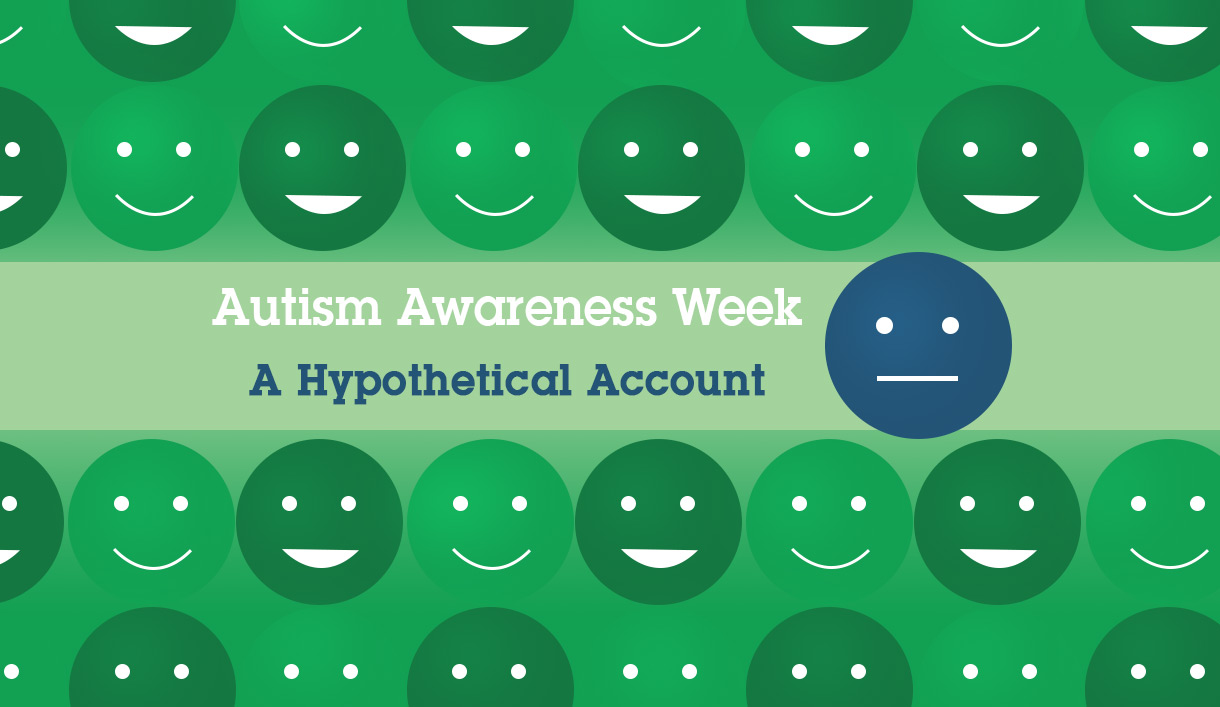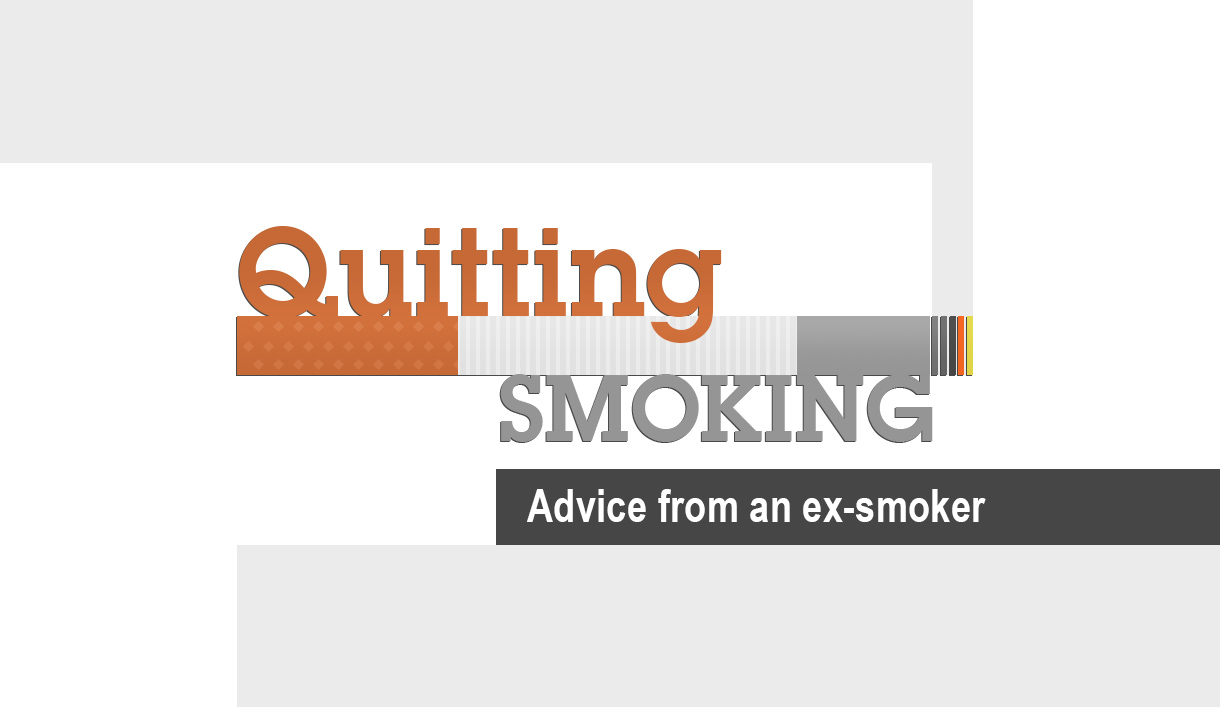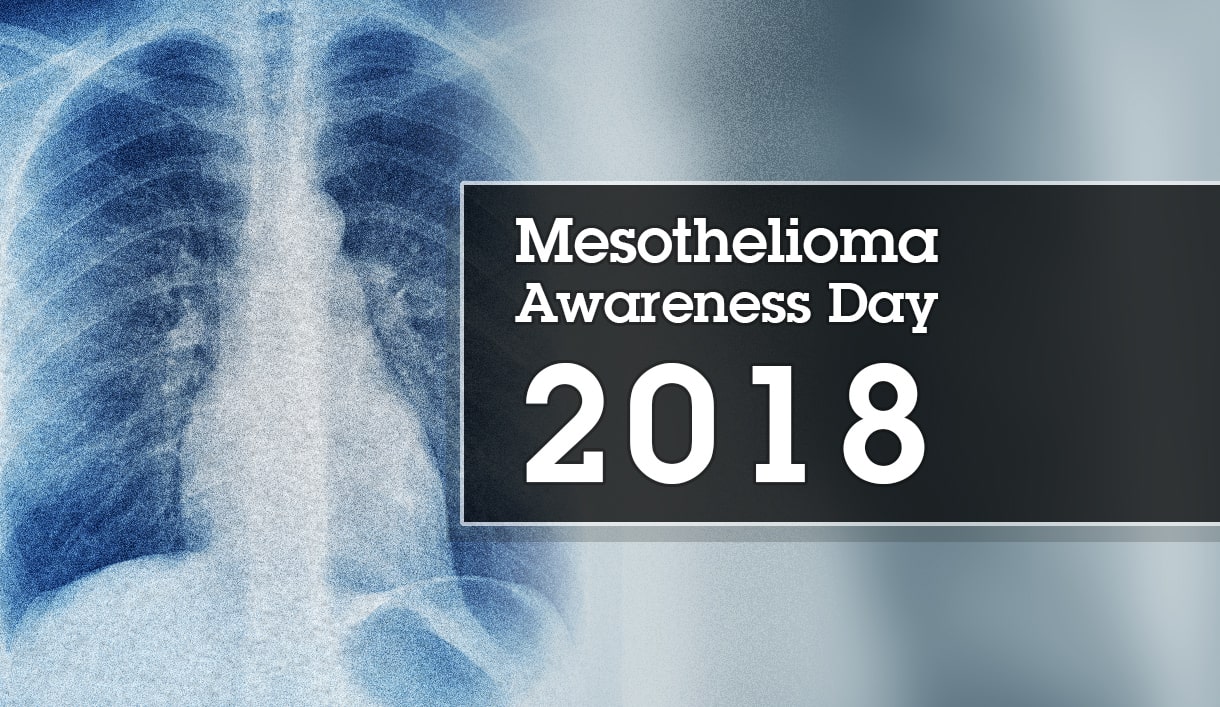Autism Awareness Week
A Hypothetical Account
For Autism Awareness Week, rather than pulling up a list of tired bullet points or advice I’d like to share a hypothetical account.
Alienation
Imagine if you will, feeling an inescapable sense of alienation with the world around you. It feels like something is missing, a certain thing between people when they talk, smile and spend time together. You don’t have it and the more you try to pretend the more apparent its absence is.
“Away with the fairies” they often said when you were growing up – not that you minded, too busy with the things that interested you. Perhaps it was books, models, a certain cartoon or drawing; either way it kept you comfortable for a while. You say exactly what you are thinking, and people seem bewildered. This continues to surprise you, but you pay it no mind, for a while.
Then you get a little older; you become aware a shift is taking place and it begins to scare you. You’re being pushed away from the things that provide comfort and you’re beginning to realise just how contrasting your behaviour is to the people around you.
When you do manage to talk with someone it’s like being in a film where someone forgot to give you the script; nothing you say seems to sit comfortably and before you know it the conversation is politely being shut down.
You’re beginning to standout and this makes it worse. When you try to be funny there’s silence and when you’re being serious people laugh. You start keeping your head down and stop talking. All you want now is to go unnoticed, sticking to the things you know and getting home quickly to quiet and safety.
As time goes on you keep discovering new things about you that are different. The realisation dawns that you can’t maintain eye contact with others and when you do try to it’s like drowning, as if they can read your thoughts. This terrifies you, so you keep your head down even more.
You can’t smile either it seems. You realise this because people are constantly reminding you to do so, asking why you look gloomy or providing some anecdotal reason for raising the corners of your mouth. Your end of year class photo arrives and you’re surprised to discover you’re not smiling again. It’s strange, you really tried to smile. In your head it was a smile.
The photo disappears into your bottom draw.
Working Life
Every stage of your life you wonder if it will change, if things will get better. College and university go by and you continue keeping to yourself. You continually question where the problem lies; is it you or the world?
You continue to spend your time immersed in hobbies and obsessive distractions trying not to think about the people gathering for nights out and forming relationships. You become a recluse out of necessity. Not thinking about it proves easiest and closing the door behind you at night provokes a sigh of relief.
Working life proves to be worse, attending job interviews feels like scaling a mountain. Before attending every single one you feel physically ill and fearful. You struggle to meet the eye of your future employer, but you really try to fight it as you’ve been told this is a sign of dishonesty and nerves.
Perhaps you get a job somehow, but the struggles don’t end there. You find yourself doing things slower than everyone else, being overly meticulous on the details and have difficulty with last minute changes.
When you’re told to do something you find yourself panicking over the minutiae. You keep having to ask your manager questions about the specifics, they laugh it off and dismiss your concerns answering with more vague directions. It’s strange, again you feel something is missing; colleagues just seem to know what to do but every new task presents a brand-new set of unknowns. Are you overthinking it or just incompetent? You can’t tell.
Lunch breaks are no better, you follow colleagues to a café but find them gravitating towards established groups of friends. Standing next to them silently you feel like a hot spotlight is being shone down on you; as you begin to sweat you realise you need to get away. No one follows you, and no one speaks to you for the rest of the day.
You’re starting to feel physically ill again; work is terror and every second you’re there you feel as though you are being watched and judged, your every oddity clearly exposed and being ridiculed. As you have for years, you wonder just what exactly is wrong with you.
Then, maybe something changes. Perhaps you read a book like ‘The Curious Incident of the Dog in the Night-Time‘ or catch news reports on autism and Asperger’s Syndrome. Suddenly the penny drops.
Perhaps you meet friends and colleagues who are more patient, who you begin to feel comfortable with. They don’t mind what you talk about and will actively involve you with gatherings and get-togethers; they don’t draw attention to your differences and won’t exclude you from the conversation even when you’re quiet.
Eventually you even begin to meet other people like you. You realise they were living exactly the same story all along and you walked right by each other, quietly trapped within your own world. Maybe, just maybe things start to finally get a little better.
Or perhaps not, perhaps nothing changes.
Autism Spectrum Disorders
Autism Spectrum Disorders (ASDs) are often misunderstood, especially when they aren’t diagnosed.
A sufferer might feel isolated and anxious without knowing why, while the people around them might misjudge their behaviour as being purposefully cold, unemotional or rude when this could be completely off the mark.
The story above is just one hypothetical example and is not intended to encompass every possible symptom (of which the list is extensive), but hopefully it highlights the struggles someone with an ASD might face, potentially unaware of why this is even the case.
Does this sound like someone you know? Does it sound like you? Find out more and spare a moment to consider that alienated doesn’t necessarily mean ‘alien’. People with Autism and Asperger’s are ultimately still human and taking the time to speak with them, engage them and being patient could literally change their lives.
Owen Roach
Further Reading
https://www.nhs.uk/Livewell/Autism/Pages/Diagnosisinadults.aspx
https://www.bbc.co.uk/news/resources/idt-sh/women_late_diagnosis_autism








Leave a Reply
Want to join the discussion?Feel free to contribute!